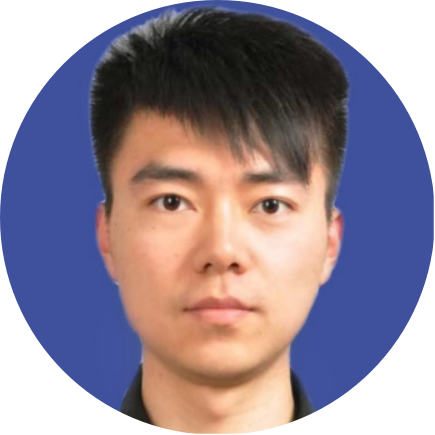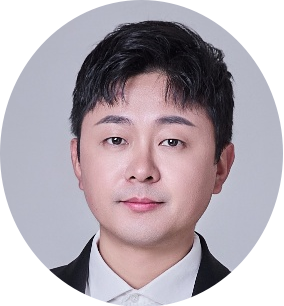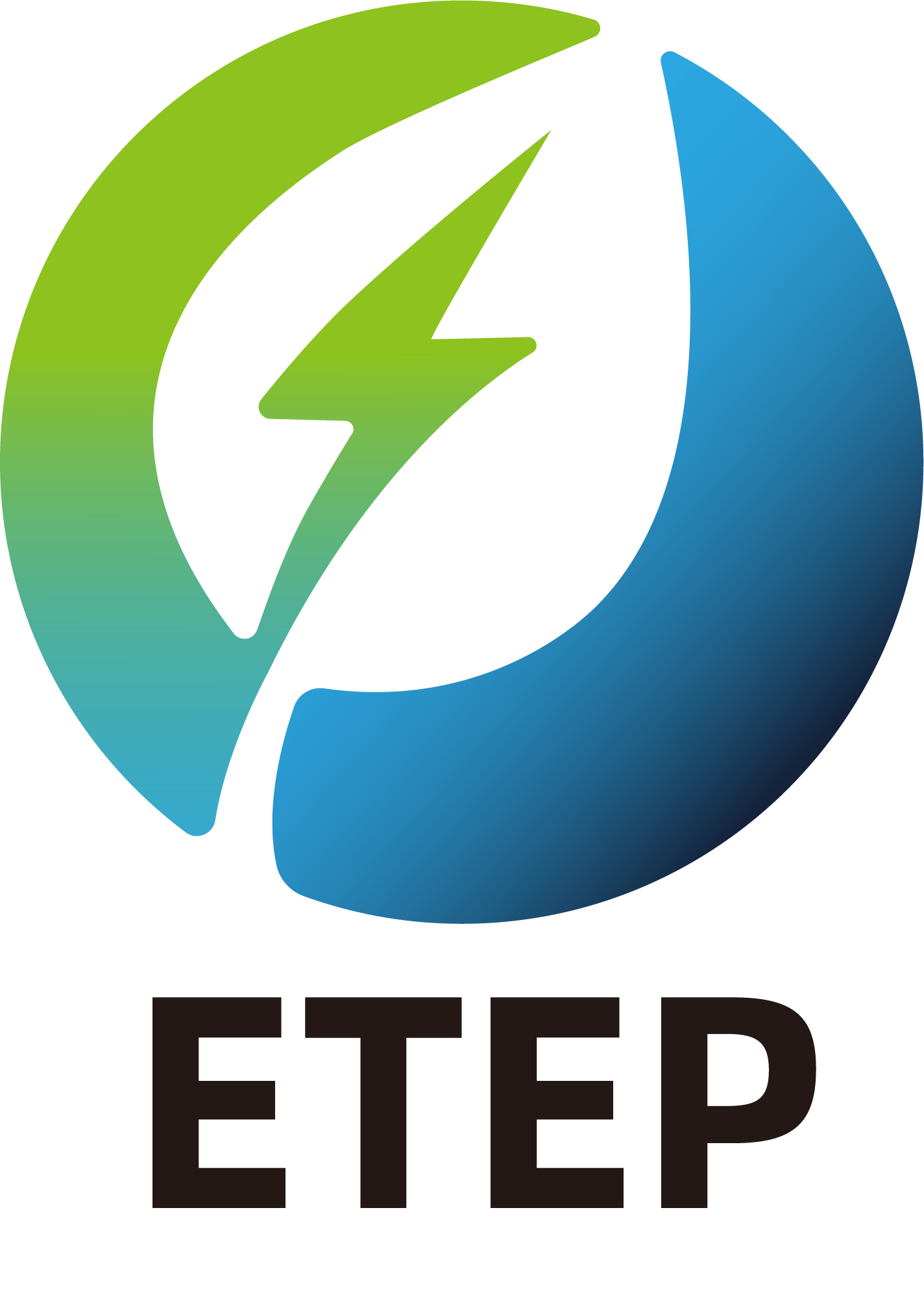· Organizing Committee Chairs

Prof. He Jiang
Shenyang Institute of Engineering, China
(IEEE PES Member)
Biography:
Jiang He, born in June 1991, holds a PhD and is a professor and master's supervisor (in Electronic Information and Electrical Engineering). He is currently the Deputy Dean of the School of New Energy at Shenyang Institute of Engineering. He has been recognized as a young top talent in the "Xingliao Talent Program," a peer reviewer for the National Natural Science Foundation projects, an expert in the "Hundred-Thousand-Ten Thousand Talents Project" of Liaoning Province, an expert for the Liaoning Electric Power Engineering Association, a high-level talent in Shenyang, one of the first "Top Talents of Shenyang University of Technology" (one of seven in the entire university and the only post-90s recipient), and an outstanding scientific and technological worker in Shenyang. He serves as a reviewer for several prestigious international journals, including IEEE Transactions on Neural Networks and Learning Systems, IEEE Transactions on Cybernetics, IEEE Transactions on Industrial Electronics, IEEE Transactions on Industrial Informatics, IEEE Transactions on Systems, Man, and Cybernetics: Systems, ISA Transactions, and Neurocomputing. He has been engaged in research at the intersection of artificial intelligence and energy, focusing on areas such as reinforcement learning, nonlinear optimal control, new energy generation and multi-load forecasting, intelligent optimization scheduling, and applications in new power systems and integrated energy systems under the "dual carbon" context. To date, he has published over 50 academic papers, with 42 indexed by SCI and over 1,500 citations, including 22 papers in top journals and one highly cited paper (cited 387 times). He has applied for more than 30 invention patents, of which 23 have been granted. He has undertaken over 30 projects including the National Key Research and Development Program, major national scientific instrument development projects, and key, general (the only one approved university-wide in 2024), and youth (the only one approved university-wide in 2022) projects from the National Natural Science Foundation and etc.


Prof. Tengge Mi
University of South China, China
Biography:
Prof. Mi achieved his Ph.D. degree in Thermal Engineering from North China Electric Power University in 2022. After graduation, he began working as a professor in the School of Mechanical Engineering at the University of South China. He has been engaged in research on the removal mechanisms of combustion pollutants and possesses a solid theoretical foundation in materials. Currently, he is involved in the development of lithium battery cathode materials in a team led by Prof. Kang and has published over 5 papers in journals such as Applied Surface Science, Fuel Processing Technology, and Applied Catalysis A: General.


Assoc. Prof. Xiaomin Kang
University of South China, China
Biography:
Assoc. Prof. Xiaoming Kang achieved his bachelor’s and Ph.D. degrees in Material Science and Engineering from Southwest Jiaotong University in 2011 and 2017, respectively. After graduation, he further served as a postdoctoral researcher and research fellow in Prof. Luo Jinglli’s group (a Fellow of the Canadian Academy of Engineering), focusing on the research of next-generation energy conversion and storage devices, with an emphasis on exploring the oxygen evolution/reduction reaction and electrochemical carbon dioxide conversion at room temperatures. In 2022, he began working as an associate professor in the School of Mechanical Engineering at the University of South China. Currently, he is hosting a National Natural Science Foundation of China project and a Shenzhen Postdoctoral Innovative Research Program. As a core participant, he is a member of the Shenzhen Innovative Research Team Program focused on hydrogen energy and fuel cell electrocatalytic materials, as well as the innovative project at the Shenzhen graphene manufacturing innovation center, which aims to develop graphene-based materials for anti-corrosion and antifouling of marine equipment and facilities. Additionally, he previously hosted a China Postdoctoral Science Foundation project in 2019. To date, he has published over 30 papers and holds 5 patents in journals such as Nature Communications, Chemical Communications, Polymer Chemistry, Journal of Material Chemistry A, Journal of Alloys and Compounds, and Chinese Chemical Letters, among others.




